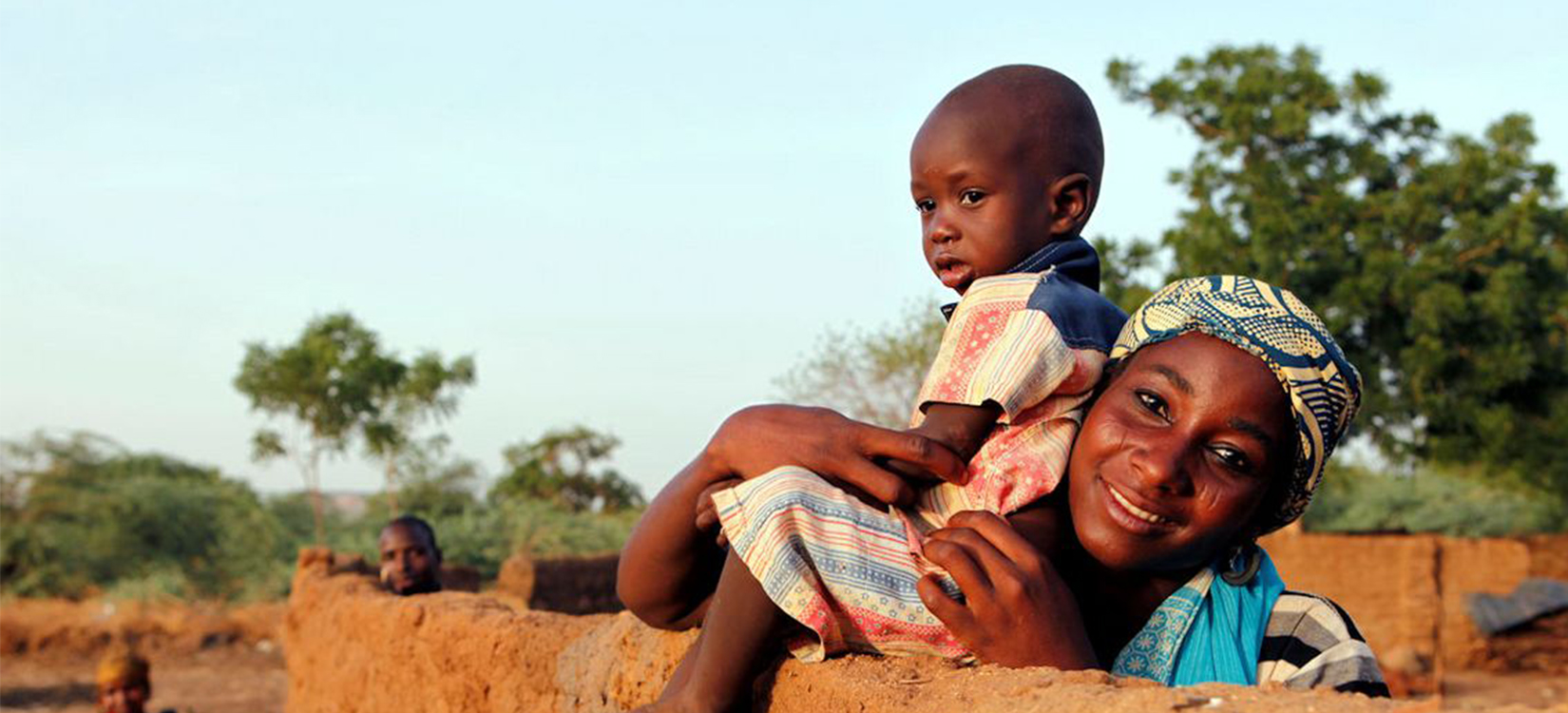Duterte’s Authoritarian Regime: A Theater of Wholesale Violation of Human Rights

Human rights is at the heart of the social work profession (Ballantyne, 2019). By placing human rights at the core of the social work practice in the Philippines, our profession is expected to uphold, promote, and defend the rights and interests of the most vulnerable, marginalized, and poor Filipinos (Espenido, 2018).
The Philippines is one country in Asia whose history reflects “a catalogue of human rights violations.” Duterte’s regime is not different.
Recently, the Global civic society alliance CIVICUS has downgraded the Philippines’ civic space rating from “obstructed” to “repressed” amid attacks on human rights defenders and journalists and the passage of a “problematic” new anti-terrorism law. A “repressed” civic space rating means democratic freedoms like the freedom of expression, peaceful assembly, and association, are “severely restricted,” CIVICUS said.
The arrest of at least 20 people at the Pride March in Mendiola last June 26, 2020, the red-tagging of perceived enemies of the state, the arrest and detention of activist nursing mothers, the killings of the leaders of progressive organizations and retired elderly activists, and the aerial bombings of tribes in the hinterlands (suspected to be mass base of the rebels) have validated how Duterte and his minions has thrown away human rights to the gutter.
One unsettling new phenomenon is the level of ferocity of the so-called duty bearers in the recent killings that is comparable to what our colonial master did to our predecessors.
This assessment does not include what happened to ordinary people affected by the pandemic’s lockdown that led to millions losing their jobs, students’ deprived of their right to education because of the problem of connectivity in the internet, and a neoliberal policy that pegged Php 10.00 per kilos of palay produced by the farmers.
Moreover, the initial results of our research at the national level confirm a continuing narrative of oppression as in the case of Meranao internally displaced persons (IDPs) or bakwit, where after being arbitrarily separated from their means of livelihood, are forced to live in temporary shelters measured only 22 square meters floor area per shelter. Since the Meranaw has extended families, some IDPs with larger family member take turns to get sleep or have an extension of makeshift room at spaces in between rows of houses. Some IDP’s have contracted the virus because of the cramped conditions of the temporary shelters. In Cebu City , workers in a known chain of malls in southern Philippines were terminated because they attempted to form a union. Vendors are evicted from their long established sites of vending along the streets. Fisherfolk in Bulacan are gradually being eased out to give way to the Php 735 billion (USD14 billion) New Manila International Airport project in their province. Coal-powered plant in Bataan continues to spew pollutants at the expense of the health of the local residents. Religious operated refuge center for the poor is being harassed, both the workers of the center and its beneficiaries.
These narratives undisputedly show the systematic violations that run roughshod on the political, civil, economic, and social rights of the poor, meaning the people’s rights in its totality.
Human rights violations innately happen in a society whose members are stratified into classes. When a minority (i.e. through the State) overrules the majority (i.e. the masses) the democratic rights of the majority tend to be violated with the State becoming the defender of the minority (Espenido, 2019). The State being a coercive instrument of the ruling class has a wide arsenal to institutionalize domination. From the laws (legitimizing anti-people and unsustainable development paradigms) and the penal systems to the military and police organizations which are all capable of suppressing dissent and resistance in the name of law and order (Espenido, 2019).
Peoples’ rights are not always granted voluntarily and gratuitously. Since elite democracy only formally guarantees the rights of the Filipino people through the laws, it becomes imperative for the social workers, service users, and social work students, together with the Filipino people to assert and fight for their democratic, civil, and political rights as well as economic, social, cultural and collective rights. The full realization of the people’s rights can only be the product, effect, and fruit of a collective and mass undertaking (Espenido, 2018).


